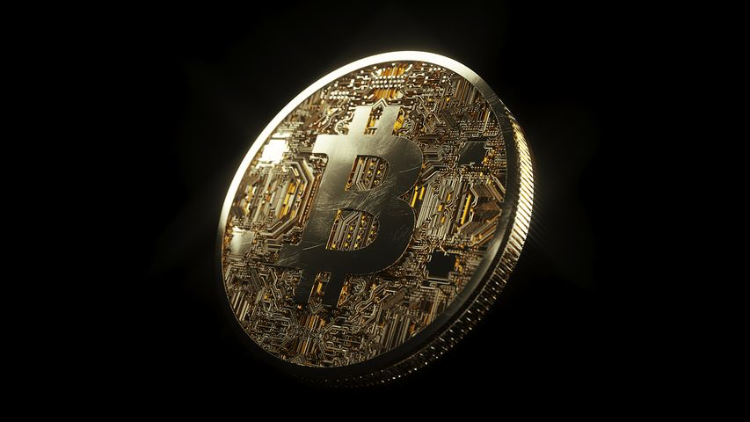Will The Latest Crypto Fallout Impact The Existential Trades?

The unexpected death spiral of the virtual currency exchange FTX last week has sent shockwaves throughout the cryptocurrency sector. Investors such as Sequoia Capital and Masayoshi Son's SoftBank were caught off guard by the company's bankruptcy filing.
However, there are a few people on the list that immediately jump out at you. Investors included the Ontario Teachers' Pension Plan. Indirect investors in FTX included the Alaska Permanent Fund Corp, the Washington State Investment Board, and many others via Sequoia and other VC companies. Funds that claim to have had little exposure to FTX are included in a growing yet worrying trend that could damage you even if you don't invest in cryptocurrencies.
The Overview Of The Latest Happenings
For higher returns, pension funds are progressively diversifying their portfolios into alternative assets. For those who have put money into speculative assets like cryptocurrency, this could be a problem.
Thousands of state and local employees in the United States are at risk of losing their retirement savings due to the difficulties being experienced by public pension funds.
According to a study by Milliman, an accounting and consulting firm, the 100 biggest public pension plans in the United States were only 69.3% funded as of the finish of the third quarter, dropping from 85.5% at the end of 2021.
This indicates that the benefits guaranteed to retirees and those nearing retirement are more than the funds currently have in reserve. So if traders want to avoid floating, then they must bring their own money in terms of investment.
Instead of trying to increase revenue by increasing taxes or rebalancing budgets, many investors are turning to less liquid and riskier asset classes like bitcoin, venture capital, and hedge funds in an attempt to boost their returns.
Will The Risker Investment Generate Bigger Rewards?
As per the Boston College Center for Retirement Research, approximately one-quarter of the approximately $4 trillion in assets managed by public pension schemes in the United States is allocated to risky alternative vehicles such as private equity, real estate, and hedge funds. These types of vehicles include investments in real estate and hedge funds.
Compared to when they first started taking measurements in 2001, that is a significant increase.
This isn't only a U.S.-based phenomenon. According to Willis Towers Watson's Thinking Ahead Institute, during the previous two decades, the proportion of pension funds invested in real estate, venture capital, and infrastructure has risen from seven percent to more than twenty-six percent worldwide.
There are trading bots like bitcoins code which are here to serve traders with reliable financial suggestions to survive the recent crypto fallout.
However, the FTX fiasco demonstrated how risky bets could further degrade an already deteriorating pension environment. These investment choices are typically more challenging to understand, costly, and dangerous than the stock market.
The Silver Lining
The real challenge still haunts traders as they are stool waiting for modified and in-their-favor policies.
However, it's safer to say that challenging authorities are a big mistake after you have almost invested half of your wealth in crypto. The volatility of the market shall remain on the seventh sky till the time the rate hikes end.